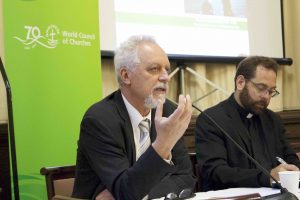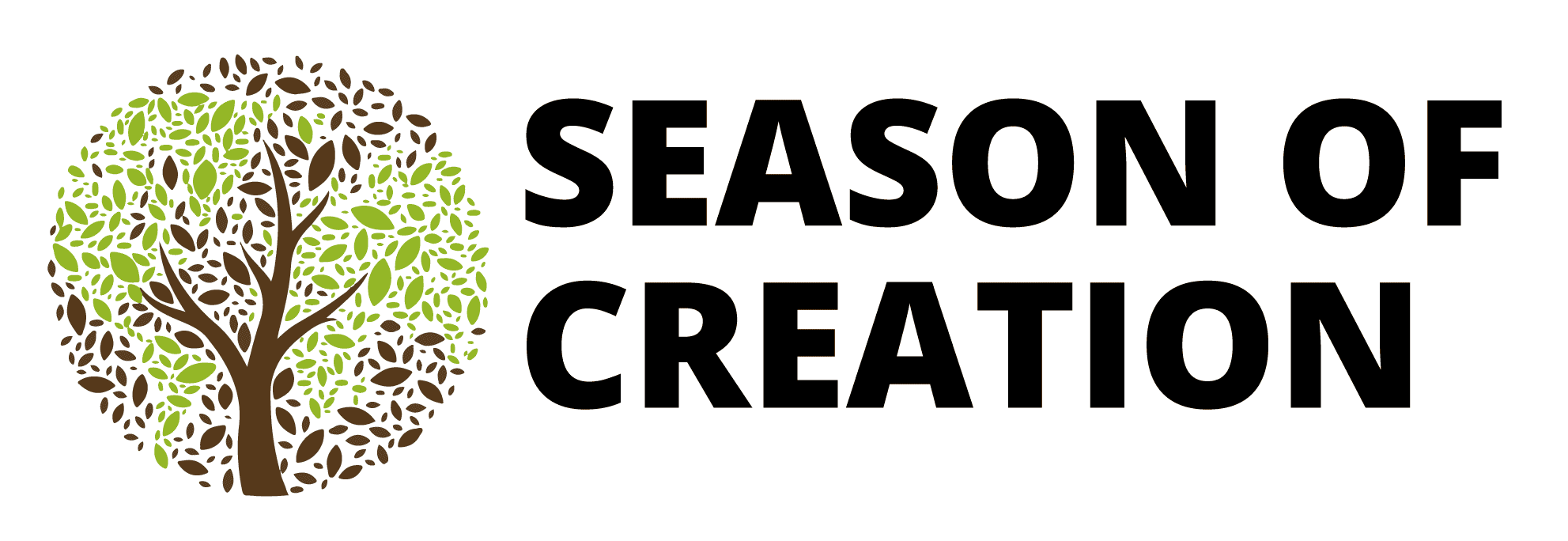
Prof. Leo Heller, UN Special Rapporteur on human right to safe drinking water and sanitation. Photo: Marcelo Schneider/WCC, 2018.
During a webtalk entitled “10 years Human Right to Water – problems, positions, perspectives,” held on 1 September, expert speakers highlighted how the COVID-19 pandemic has exacerbated the acute lack of water and the unacceptable sanitary conditions in which large parts of the world’s population have to live every day. Some 3 in 10 people worldwide still do not have safe access to clean drinking water. More than half of the global population cannot use acceptable toilets.
Even 10 years after its official recognition by the United Nations, the human right to water and sanitation is being violated billions of times. At the same time, conflicts over access to water are growing due to increasing overuse, privatization and pollution of water resources and the escalating climate crisis. Without a far-reaching change of course, half the world‘s population might suffer from water shortages by 2050.
Prof. Leo Heller, UN Special Rapporteur on human right to safe drinking water and sanitation, delivered the keynote address, reviewing the progress and challenges 10 years after the UN officially recognized the human right to water.
“Too few countries have created national legislation pertaining to this right,” he said. “The most vulnerable communities have been left out of benefiting from this recognition.”
COVID-19 has challenged these communities even more, Heller continued. “Indigenous communities and ethnic minorities are left out from the decision making bodies related to water policies,” he said. “These are hopes and concerns in this 10th anniversary of right to water which has an ambitious promise of water and sanitation for all.”
Dinesh Suna, coordinator of the World Council of Churches Ecumenical Water Network emphasized the impact of the UN recognition of human right to water and sanitation.
“People and government’s approach to sanitation is that they can increase the number of taps in communities and build toilets,” said Suna, who comes from a Dalit community in India. “But in the end the Dalits will be barred from using the taps due to caste-based discrimination and untouchability issues and they will also be expect to clean the toilets manually without any safety equipment, thereby putting their lives and health at risk.”
Suna added: “A ‘one-size-fits-all’ approach will further alienate the vulnerable groups from enjoying benefits of right to water.”
The event was an initiative of the World Council of Churches, Brot für die Welt, FIAN, and Misereor.
WCC’s Ecumenical Water Network
“Global celebration urges ‘radically new ways of living’ to protect our common home” – WCC news release (1 September 2020)
Rev. Henrik Grape: “Understanding the need for creation to rest” – WCC interview (31 August 2020)
“Seraphim of Zimbabwe: During Season of Creation, ‘we give back to God everything that he has given to us’ ” – WCC interview (29 August 2020)
“Season of Creation 2020 Celebration Guide, ‘Jubilee for the Earth,’ now available” – WCC news release (28 May 2020)
Learn more about Season of Creation 2020
Learn more about the work of the WCC on care for Creation and climate justice
